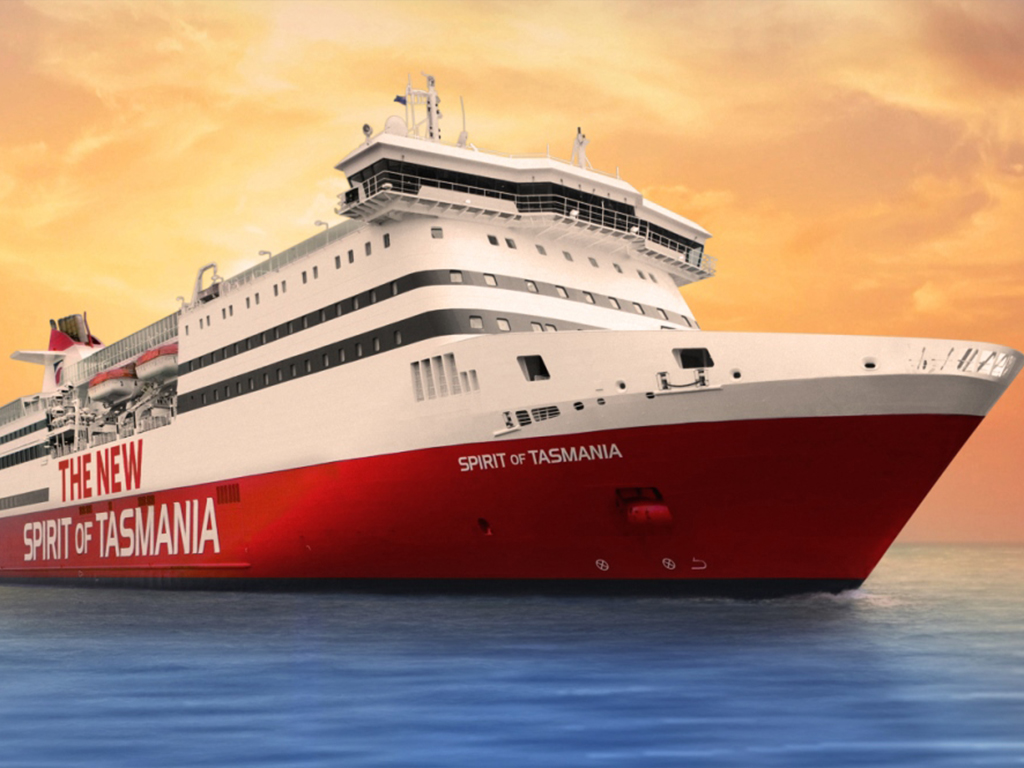Here is the website’s URL for those planning to travel aboard the “Spirit of Tasmania”. The answer to every question you may have can be found HERE
As you see, it is captioned “Your next ADVENTURE awaits AT SEA”
The content of the website is very large. I reckon, to read every word, it would take you many hours.
For that reason, I have just extracted the section that deals with the transporting of LPG bottles or canisters as some purists like them called.
CONDITIONS of CARRIAGE – DANGEROUS GOODS
Category 1
LPG and Propane may be carried in cylinders that comply with Australian Standard AS2468, AS2469, AS2470 (stamped on the cylinder), to a maximum size of 9kg with date of inspection within 10 years.
All cylinders, (subject to quantities deemed as personal use and not for commercial use), can remain in the passenger accompanied standard vehicle providing:-
All gas bottles that are inside a passenger-accompanied standard vehicle interior and boot, whether secure or not, must come out of the vehicle and be placed in the TT-Line Gas Truck.
LPG cylinders (bottles) fitted to Caravans, Campervans, Mobile Homes, and Camper Trailers that have an LPG system must be checked and verified for compliance.
In all cases, these LPG cylinders must be isolated and will be tagged by a TT-Line representative with a “HAZARD” tag to ensure no gas cylinder is not turned on prior to boarding and are to remain off for the duration of the voyage and until the passenger-accompanied vehicle has cleared the port precinct.
Under no circumstances may gas systems be active whilst the passenger-accompanied vehicle is on the vessel.
(i) Propane cylinders may not be carried if connected to an appliance.
(ii) Single-use Propane cylinders that are ‘pierce-for-use’ may only be carried if completely intact and not fitted to an appliance.
Gas Cylinders that do not meet the aforementioned conditions will either be confiscated or disposed of if validation has expired.
Gas Cylinders that are not correctly secured will be collected by a TT-Line representative for the duration of the journey. The passenger will be allowed to collect the gas cylinder from a nominated location at the port of disembarkation.
Advise TT-Line the EXACT length overall of your motorhome, caravan, or trailer. Even ONE CENTIMETRE more than the reported length can cost you dearly. Don’t try to cheat. Every vehicle is checked and no exceptions are tolerated.
Very strict rules apply to FUEL JERRY CANS. Make sure you familiarise yourself with those rules before you board the ferry.
There are very rigid QUARANTINE REGULATIONS also. Sniffer dogs are used. Know what goods you can and cannot take before boarding.
Note: All of these subjects are covered on the TT-Line website referred to above.
